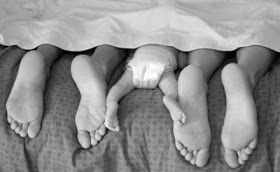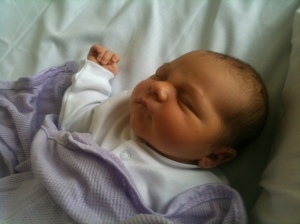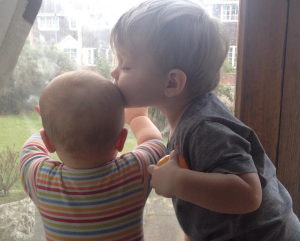I’m on the train. It’s delayed. The rain falls relentlessly outside coating the windows in wet spidery patterns. I’m listening to a compilation of Klezmer music and feel very pessimistic about this, my first counselling session for eight years.
I’ve been sat on a waiting list with my local IAPT Service for longer than the ‘standard waiting time’ of 6-8 weeks. I took my daughter along with me to my initial session last week, needless to say it wasn’t very productive. I dropped her off with a very good friend this morning in order to attend this session on my own. I don’t really know what to expect from it as counsellors are all so different. From what I saw last week, he seemed like a nice bloke, but I have no idea if he’s capable of scooping the black treacley mess out of my brain and turning it into something I can deal with constructively. We’ll see.
****
Here I am in reception. There are two people with suits on, they look like salesmen. They made me feel really angry actually, I don’t know why. And there’s another lady in the corner. I’ve kept my headphones in because I don’t like the shite local radio. I’ve been to the loo, the Suits stared at me as I walked past them. I want to know why they’re here, what are they selling? One of them looks over-confident, the other looks nervous. I have half an hour to wait so I’m going to read my book for a little while.
****
I’m out.

It was good today. It’s mainly driven by myself I think, but he joins in and uses the same language as me, which is oddly comforting. We talked about past betrayals and past relationships. We talked about my current relationship and the problems I have living in Rugby. We talked about how I feel when I feel bad and how I take a lot on, probably to distract myself from my own feelings. We talked about the fact that I never talked about my own experience of postnatal depression with anyone, I never talked it through. We talked about isolation and reaching out, and talking about how I’m feeling. Like how I’m actually feeling, not just generic “sad”, “low”. It was good. I feel like I took something away from it at least.
I know it’s going to be hard, but I think I need to look back at my pregnancy and the first days of Motherhood and try to put them to rest in my head. It’s like they’re there in the background, and can be revived, but I need to soften them a little so that their revival isn’t so destructive to me emotionally.
Session booked in next week. Watch this space.





